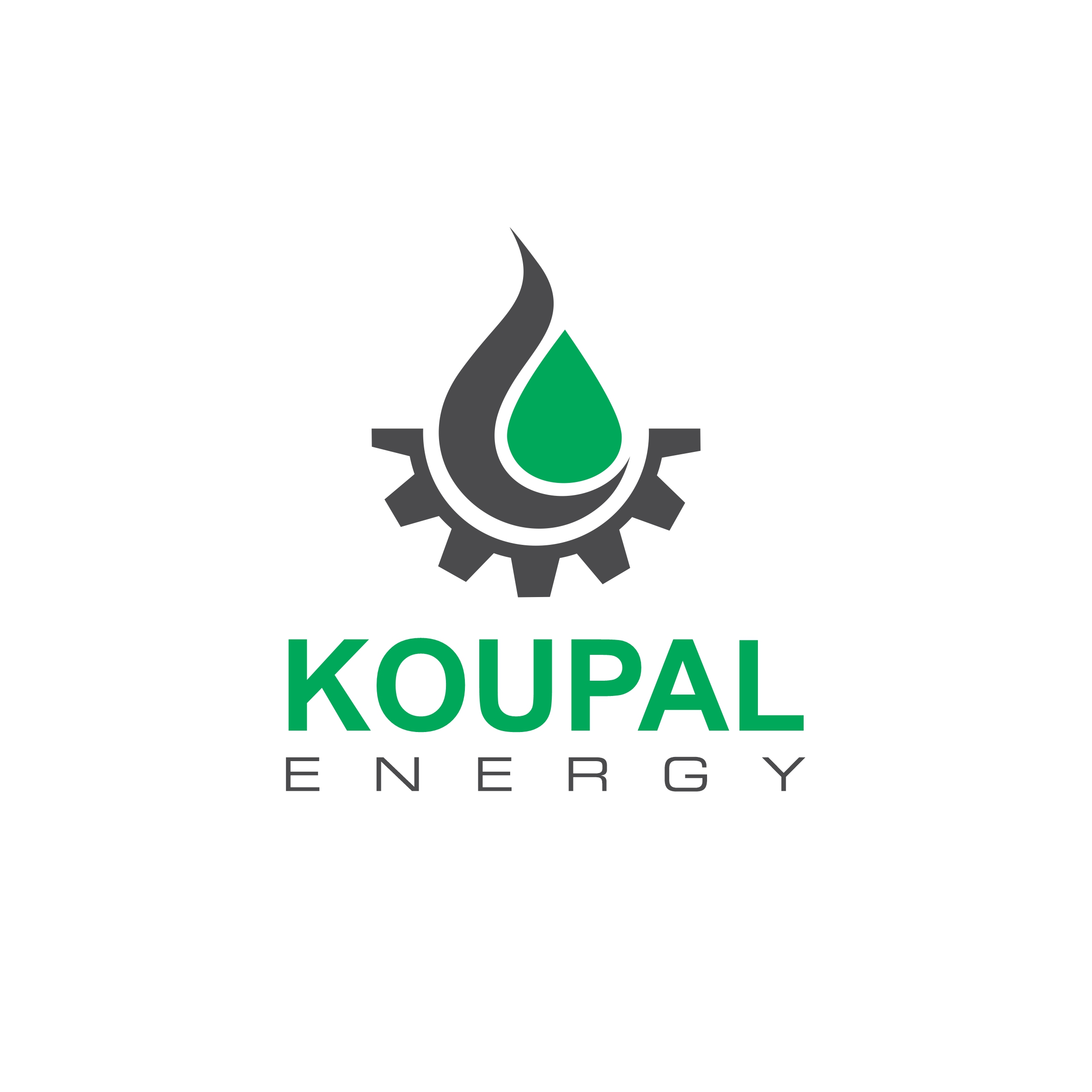Speaker
Description
Although the realm of water and gas injection within enhanced oil recovery has garnered considerable attention in the contemporary era, some engineers believe that alternative and cost-effective methods could play a more pivotal role in this field. Utilization of substances like surfactants and polymers is seen as an innovative technique that has made a substantial impact on the oil sector; however, the large-scale production of such materials proves to be financially burdensome. Furthermore, the manufacture of these substances results in hazardous wastes, posing risks to both human health and the environment, ultimately leading to extensive and irreversible pollution. The adoption of natural surfactants emerges as a viable solution with relatively high efficacy. These plant-derived surfactants, extracted from indigenous plant leaves, are cost-effective, biodegradable, and pose no threat to human health or the environment. The incorporation of these natural surfactants in oil-related experiments has yielded satisfactory outcomes, showcasing their effectiveness in reducing the interfacial tension between water and oil, modifying crude oil viscosity, enhancing the extraction rate of asphaltene, and isolating heavy components of crude oil.
| Student presentation contest | Opt in |
|---|---|
| Student Poster Contest | Opt In |
| Journal Submission | Consider for Journal Submission |




